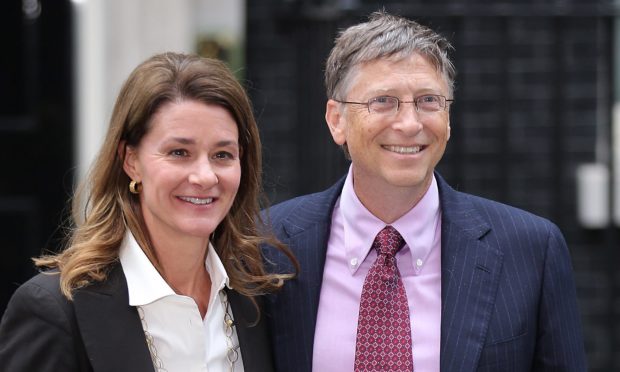Dundee University has received a $100,000 grant from a group funded by Bill and Melinda Gates to help develop contraceptive drugs for men.
The university will receive the $100,000 Grand Challenges Explorations grant, funded by the Bill and Melinda Gates Foundation, and could be in line for an additional $1 million if its research proves successful.
The project will bring together expertise at Dundee in male fertility and drug discovery to help identify possible new male contraceptive drugs.
Grand Challenges Explorations (GCE) supports innovative thinkers worldwide to explore ideas that can break the mould in how we solve persistent global health and development challenges.
The Dundee project is led by Professor Andrew Hopkins, Dr Paul Andrews and Chirstopher Barrat, the chair of reproduction medicine and director of the reproductive health unit.
To receive funding, the Dundee team and other Grand Challenges Explorations winners demonstrated in a two-page online application a bold idea in one of six critical global health and development topic areas.
Professor Barratt said: “This unique collaboration at the University of Dundee will begin to address an unmet medical and societal need for new male contraceptive drugs.”
Dr Andrews added: “The Grand Challenges Exploration funding will allow the development of high throughput imaging to measure the motility of human sperm and assess their functional readiness to penetrate the egg – both key aspects of sperm behaviour, or ‘phenotype’, that are required for fertility.
“Once established, the assay platform will be used to screen large chemical libraries for agents that render sperm incapable of fertilisation.”
Professor Hopkins said: “This collaboration combines the male fertility expertise in the School of Medicine at the University and the world-class facilities we have at the National Phenotypic Screening Centre, which is based within the School of Life Sciences.”
Grand Challenges Explorations is a $100 million initiative funded by the Bill and Melinda Gates Foundation.
Launched in 2008, over 1228 projects in more than 65 countries have received Grand Challenges Explorations grants.
The grant programme is open to anyone from any discipline and from any organisation.
The initiative uses an accelerated grant-making process with short two-page online applications and no preliminary data required.
Initial grants of $100,000 are awarded twice a year. Successful projects have the opportunity to receive a follow-on grant of up to $1 million.










